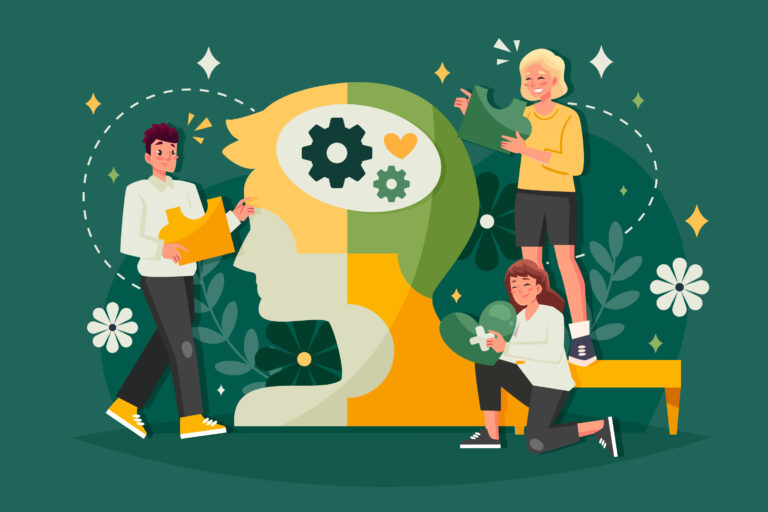Emotional intelligence (EI) is often referred to as the “quiet superpower” that helps us understand and manage our own emotions, as well as those of others. While IQ measures intellectual abilities, EI focuses on emotional maturity and the ability to build healthy relationships, overcome challenges, and achieve success both in personal and professional life. Emotional intelligence is closely linked to happiness and is essential for personal well-being.
1. Self-Awareness
Self-awareness is the ability to recognize your emotions and understand why you feel a certain way. When you are in tune with your emotions, you can control your reactions and make thoughtful decisions. This awareness is the foundation of emotional balance and inner peace.
How to Develop Self-Awareness:
- Keep a journal to reflect on your thoughts and emotions.
- Practice meditation or mindfulness to stay present in the moment.
- Analyze how your actions affect both yourself and others.
2. Emotional Management
Managing emotions does not mean suppressing them but rather processing them in a healthy way. People with high EI can stay calm in stressful situations and find constructive solutions.
Tips for Managing Emotions:
- Take deep breaths and pause before reacting.
- Engage in physical activities or hobbies to relieve stress.
- Seek support by talking to someone you trust.
3. Empathy
Empathy is the ability to understand and share the feelings of others. It is essential for building strong relationships and creating connections. Empathetic people are great listeners and are more likely to resolve conflicts effectively.
How to Be More Empathetic:
- Listen actively without interrupting.
- Try to see situations from others’ perspectives.
- Pay attention to non-verbal cues such as tone of voice and body language.
4. Social Skills
Strong social skills are a key component of emotional intelligence. People with high EI excel at building relationships, resolving conflicts, and working collaboratively. They are confident, authentic, and capable of inspiring others.
How to Improve Social Skills:
- Communicate clearly and respectfully.
- Be genuine and open in your relationships.
- Learn from conflicts and turn them into opportunities for personal growth.
5. Motivation
Motivation drives individuals to achieve their goals and find purpose in their efforts. Emotional intelligence plays a role in maintaining a positive attitude, even during challenging times.
How to Stay Motivated:
- Set realistic yet inspiring goals.
- Celebrate small victories along the way.
- Focus on progress instead of dwelling on mistakes.
Emotional intelligence is not only the key to success but also to true happiness. It helps us understand ourselves and others, build strong relationships, and handle stress effectively. The best part is that EI can be developed over time with effort and commitment. Start working on your emotional intelligence today, and you’ll notice how your life becomes more balanced, fulfilling, and joyful.
